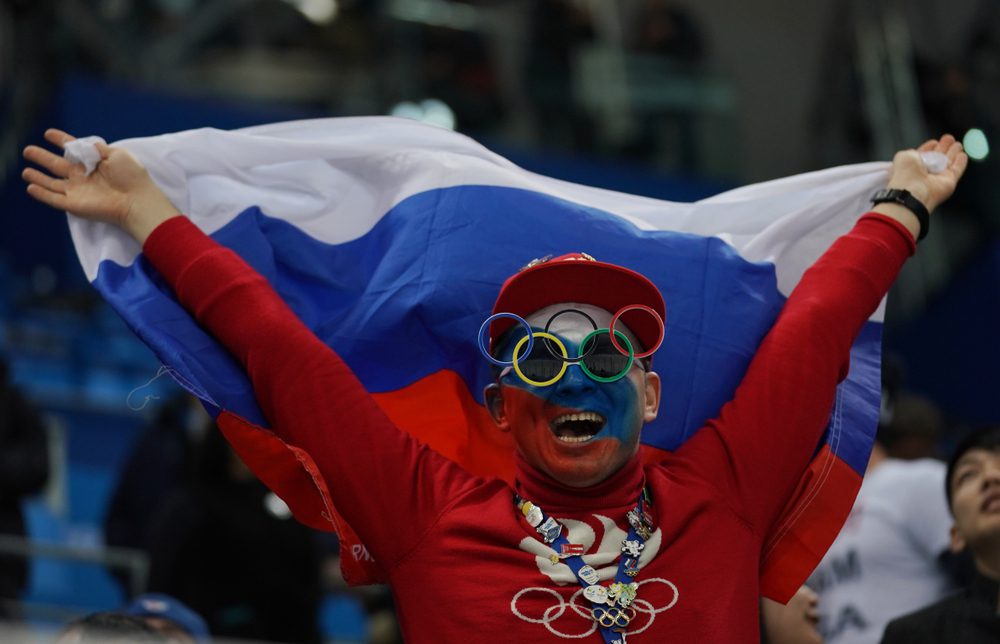
Russian and Belarusian athletes should be allowed to gradually return to international competition as neutrals, according to recommendations published in a report by the International Olympics Committee (IOC) on Tuesday, March 28th. Both Russia and Ukraine call the terms unacceptable, even though they refer to long-term future events, and not the 2024 Paris Olympics, where Russian participation is still pending.
In the wake of the Russian invasion of Ukraine last year, the IOC recommended banning all Russian and Belorussian athletes from participating in international competitions, as a show of solidarity with Ukrainian athletes who “are prevented from doing so because of the attack on their country.”
Ukrainian President Zelensky also spoke to Thomas Bach, the head of the Olympics Committee in December, asking him to uphold the ban, reminding him that at least 184 Ukrainian athletes died during the war, and allowing their Russian counterparts to participate would disrespect their memories. “One cannot try to be neutral when the foundations of a peaceful life are being destroyed and universal human values are being ignored,” he told Bach during the phone call.
Over the past months, all parties concerned grew increasingly restless, waiting for the IOC’s verdict. The final recommendations, however, disappointed everyone, just as expected. In short, the Committee recommends that game organizers let Russians compete, but only as ‘Individual Neutral Athletes’ (INAs), without displaying their country’s flag or symbols. Participating as a national team would remain prohibited.
Furthermore, athletes and members of their staff who have actively supported the war or have been contracted to any Russian military or security agencies should also be banned from all events. The general sanctions introduced last March remain in place as well, such as the prohibition of Russian government personnel from visiting the games, or any display of Russian symbols.
Despite Ukrainian objections, the International Olympic Committee decided to let Russians participate based on the UN General Assembly’s resolution adopted in December, which stated:
Major international sports events should be organized in the spirit of peace, mutual understanding and international cooperation, friendship and tolerance, and without discrimination of any kind, and that the unifying and conciliative nature of such events should be respected.
Moreover, the IOC refers to the judgments of the Court of Justice of the European Union, which “further confirmed that sanctions cannot solely be based on a person holding a passport from a particular nation.”
Following the publication of the IOC’s proposals, Russia immediately slammed them, calling the neutrality requirement a “violation of human rights.” According to Stanislav Pozdnyakov, head of the Russian Olympic Committee,
The voiced parameters are absolutely unacceptable. Neutral status is a violation of human rights, which was pointed out by a specialist from the UN. We consider the proposed conditions unreasonable, legally untenable and excessive.
These recommendations, however, “do not concern the participation [of Russians] at the Olympic Games Paris 2024 or the Olympic Winter Games Milano Cortina 2026,” the report states, adding that “the IOC will take this decision at the appropriate time, at its full discretion.”
When asked about the Russian question concerning the Paris Olympics earlier this month, the head of the organizing committee also referred back to the IOC, stressing that the international body will have the last word. “This decision has not been taken,” Tony Estanguet, president of Paris 2024, said, “and Paris 2024 is not in a position to decide.”
